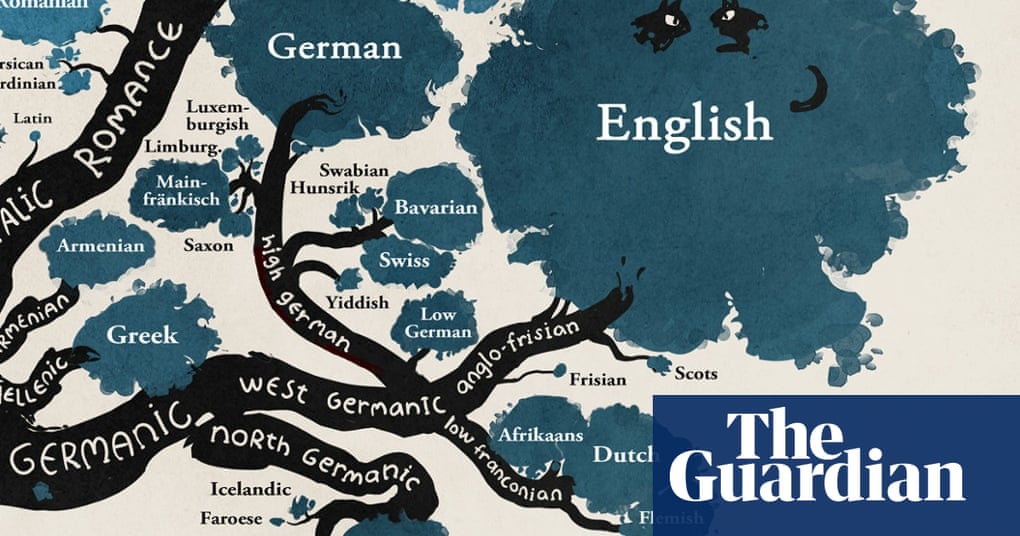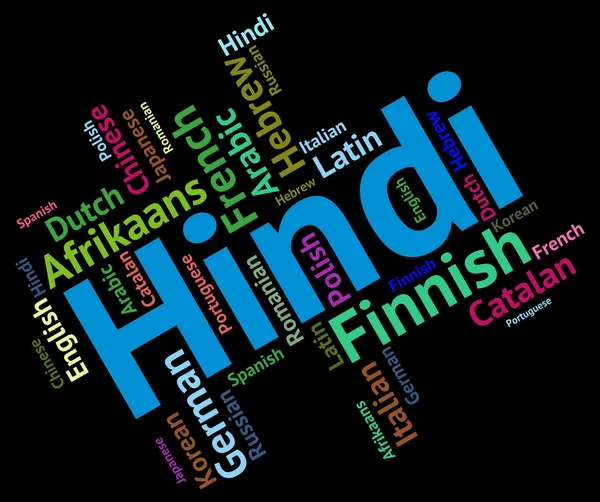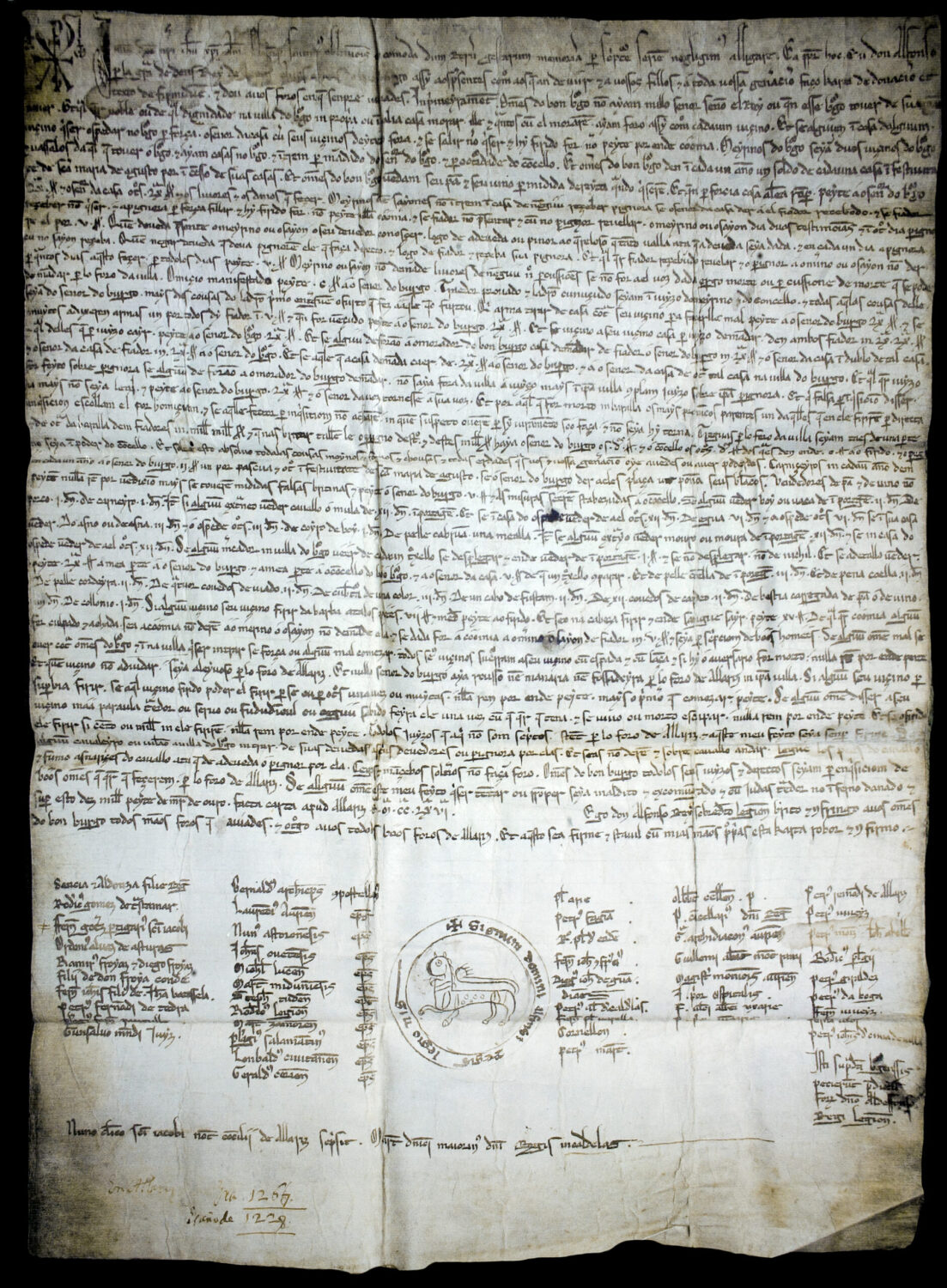The term Galindian is sometimes ascribed to two separate Baltic languages, both of which were peripheral dialects:
- a West Baltic language referred to as West Galindian;
- a Baltic language previously spoken in Mozhaysk region (present day Russia), referred to as East Galindian or Golyad
Name
There are three proposed etymologies for the denomination Galindian:: 308–309
- Proto-Baltic *Galind- meaning 'outsider' (Lithuanian: gãlas 'wall; border'). This is supported by the etymology of the common Old Russian term for the Galindians Голядь Goljad' > Proto-Slavic *golędь > Proto-Baltic *Galind-); the Proto-Slavic *ę denotes a nasal e (/ẽ/)
- It is derived from the root *gal-/*gil found in Baltic hydronyms; and
- The name means 'the powerful ones' (Lithuanian: galià 'power, strength') and also Celtic languages (Irish: gal 'strength', Welsh: gallus 'power', Galli, Gallia).
Proposed relation
Based on the common name used for the two peoples by ancient authors, some scientists propose a common origin of the two peoples and languages.: 309 In order to prove this hypothesis, they investigate common features between Old Prussian/West Galindian and East Galindian.: 309–310
West Galindian
West Galindian is the poorly attested extinct Baltic language of the Galindians previously spoken in what is today northeastern Poland and thought to have been a dialect of Old Prussian,: 290 or a Western Baltic language similar to Old Prussian. There are no extant writings in Galindian.
Phonology
Consonants
Vowels
East Galindian
References




